When David Christmas, a former Broadway actor, was preparing to retire from his job as the volunteer coordinator at God's Love We Deliver in New York City, he wasn't sure how he was going to spend his retirement.
The answer came in the unlikeliest of places. David's nephew Robert Christmas, a lawyer, and his partner, John Buscaglia, a psychotherapist, had begun the process of trying to have a child through surro-gacy several years earlier. After months of trying unsuccessfully with one surrogate in Maryland, they moved on to another in California. Then, right as the California surrogate was about to be implanted, their Maryland surrogate came back to them. She was pregnant as the result of a one-night stand. Did they want to adopt her baby?
They agreed. Shortly thereafter, their California surrogate became pregnant'with twins. Soon, Robert and John, who had hoped to have one child, had an eight-month infant, Amanda (who is biracial), and premature twins, Spencer and Elizabeth (Izzy).
But their family was incomplete. The children's great-uncle David, who had started spending weekends with them, grew to love the dynamic of being the grandfather figure in their lives. So when he was ready to leave New York, he moved in with them in Montclair, New Jersey. The kids are now all 6 years old.
David, Robert, and John talk to Out about what it's like to raise three children together as a mixed-race, adoptive family headed by multigenerational gay men.
'Uncle' David, The Grandparent:
I had always liked kids. But when I knew I was gay, the idea of marrying and having a family wasn't something I was big on.
But in 1980, I went to the Children's Aid Society, and I started talking to them [about adopting]. I even did a home study. The talk of being gay never came up, but I was a 'single man of a certain age.' I felt a little hostility from them. All the children they showed me had severe health problems. One was in a wheelchair'and I lived in a sixth-floor walk-up! I eventually wrote them a letter saying I thought they were being homophobic and intentionally offering me children they knew I couldn't take care of. I never heard back from them, and so I thought my dream of being a father was never going to materialize.
For years, I ended up doing a lot of volunteering with children. That's how I dealt with it. And then, when John and Robert got the kids, I just started coming out every weekend, feeding them and burping them and watching them barf all over the place.
I remember saying to John one day, 'I want to live here. I want to be a part of all of this!' And Robert came in with tears in his eyes and said, 'That's the nicest thing anyone has ever said.'
It was the first truly honest family situation I've been in, where everybody knew who everybody was. When I was growing up with my family, I felt loved -- but there was so much unspoken, so much to hide.
I lived alone for a very long time and never had a long-term lover or roommate. And I came out here, with the boys and the kids, and it just came so naturally. I just love being a part of this family -- coming down and having dinner and helping clean up and cook. The kids come home from school now, and I'm sitting at my computer, and they come barging up the stairs, and I just love it. It's a wonderful journey.
'Daddy' Robert, The Breadwinner:
John and I met in 1993, at the house of a mutual friend, on an island in Connecticut. The house was very Grey Gardens. I had just ended a six-year relationship and had just started to date. I thought, Oh, it will be fun to go to this island, but I know the kind of people who will be there. It will be theater people and unemployed musicians and some dysfunctional people.
It was raining and atmospheric in that big craftsman house, and I met John, and we hit it off. I wasn't close to my own mother and father, but I grew up knowing my great-grandparents, and the idea of a big family was always important to me. And it wasn't until the older generation of my family started passing away -- and then losing so many of my own friends to HIV -- that I started thinking of having a family of my own.
My father has five other children, and they're all much younger and in various states of disarray. I started to get involved with them, and I really liked the feeling I got from parenting. My experiences with them really crystallized for me that I wanted to have kids of my own. I wanted to start from scratch.
John and I had been together for 10 years before having kids, so we had a lot of history and commitment to support this new phase of our lives. You can't do it without that, because any difficulties in your relationship are geometrically intensified by the stress of parenting. Still, having kids has made us closer and more committed.
I commute into the city and work long hours. Sometimes I'll think back to when we lived in the city. But you get to the point where you're tired of going out to restaurants and you're thinking to yourself, I just want to be home, making bread with my kids.
"Papa" John, The Stay-At-Home Dad:
Amanda still believes that she comes from my stomach. That's what she believes. The twins see Amanda looking different than they do, but Amanda does not see herself looking different from them.
I have tried to speak to Amanda very gently about how some people have darker skin.
'What kind of skin do you have?' I'll ask. And she'll say, 'I'm like you.' And the truth is, she and I are the same color [John is Italian]. She does kind of get that.
When we moved to Montclair, we wanted to be someplace where Amanda would never be the only child of color in class. This town is filled with people of all different kinds of mixes and multiracial families. We belong to the Montclair Multiracial Adoptive Families Group. So she sees families with the whitest white to the darkest dark siblings. And some of them, their kids came through the foster care system, so they remember their birth parents. They have the advantage of being able to talk about a 'tummy mom.'
Amanda has no memory of anything else because she doesn't know anything else. But she gravitates toward little African-American girls in her class, as does Spencer. I volunteered in his class on Thursday, and suddenly I was swarmed with four little African-American boys, who were Spencer's friends, wanting to hold my hand.
Izzy doesn't see much difference (with hair, anyway). Last week, Izzy tried to use the same product in her hair that Amanda uses every day. It took a week to get out!
Spencer's asked, 'Am I adopted?' That's a tricky thing because they are all adopted to me. They're not all adopted to Robert [whose sperm was used for the twins]. So we clearly have some hurdles to get through as soon as their awareness comes in. They already have an awareness that there's no mom here.
Sometimes they talk about who's gonna 'marry' who. The other day, we had a conversation about who was going to 'marry' me. Amanda wanted to marry me, and Spencer wanted to marry me, and Izzy said, 'No! Papa's married to Daddy!'
Send a letter to the editor about this article.
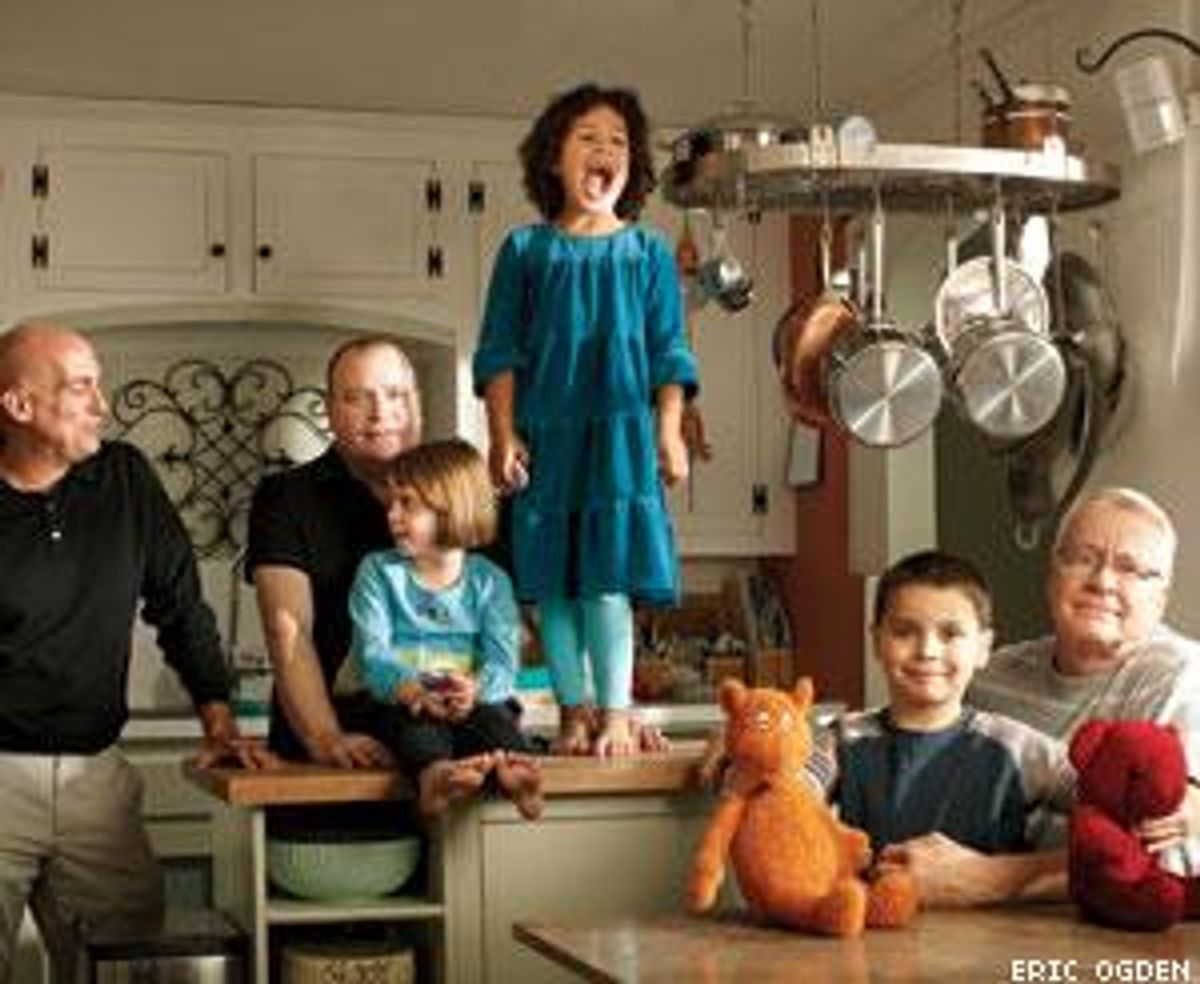

















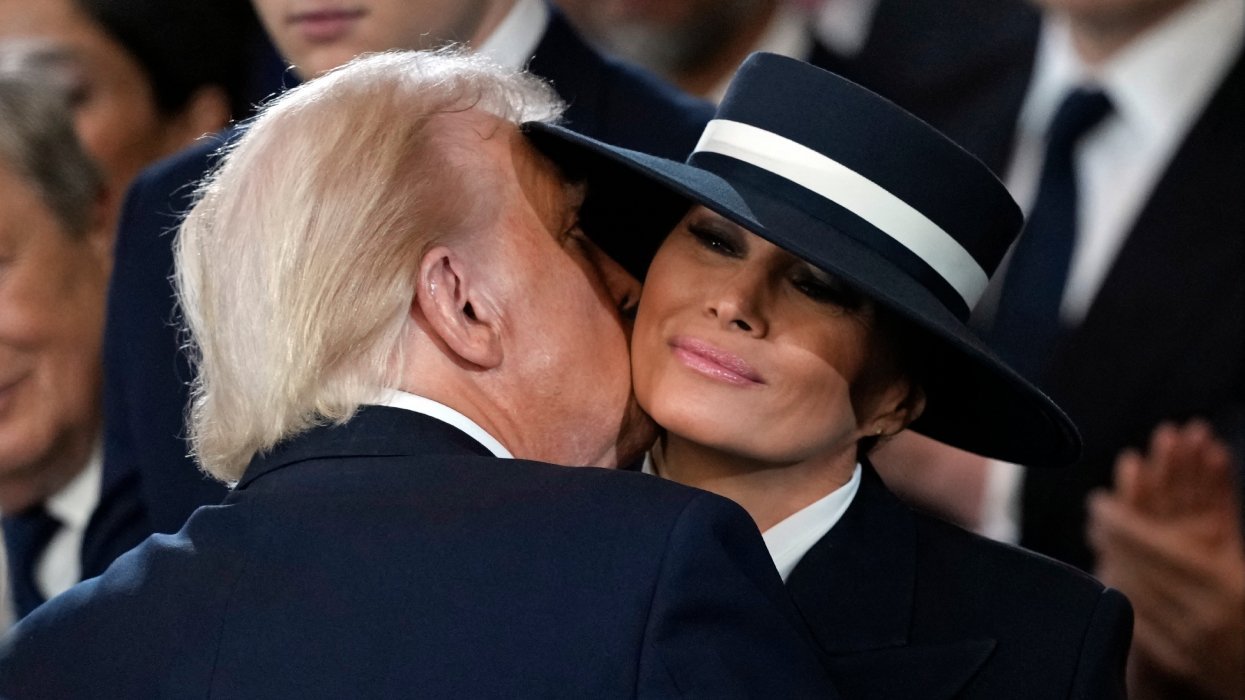


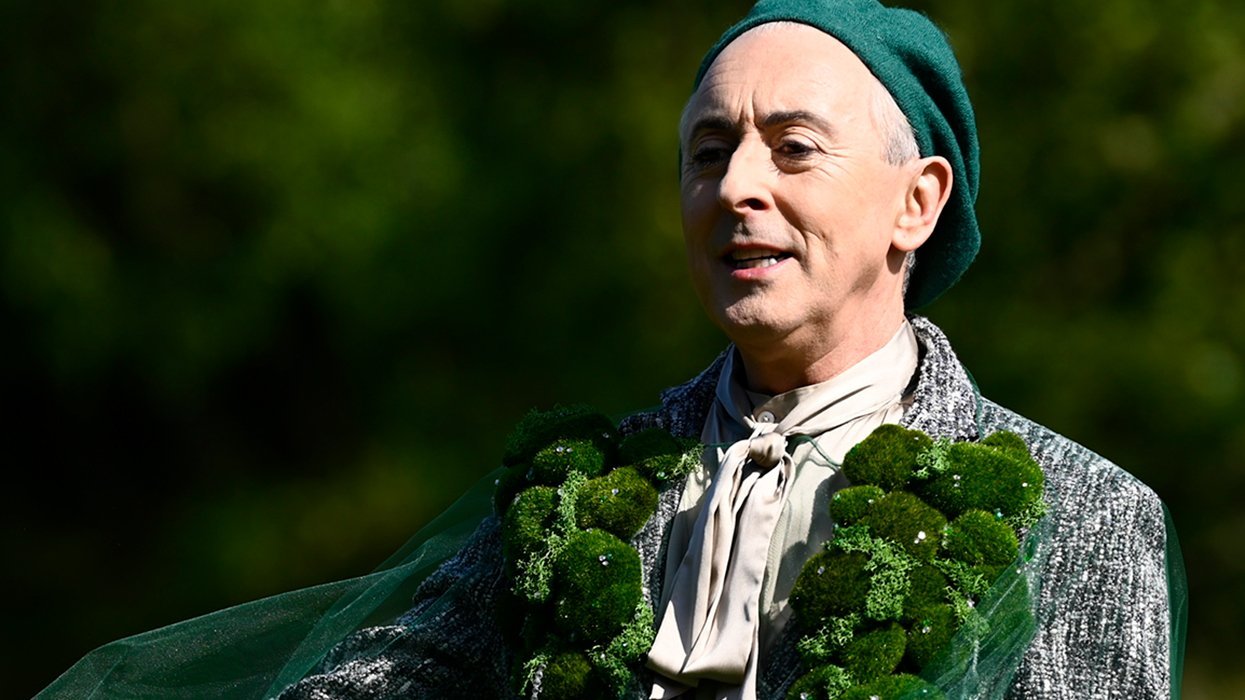
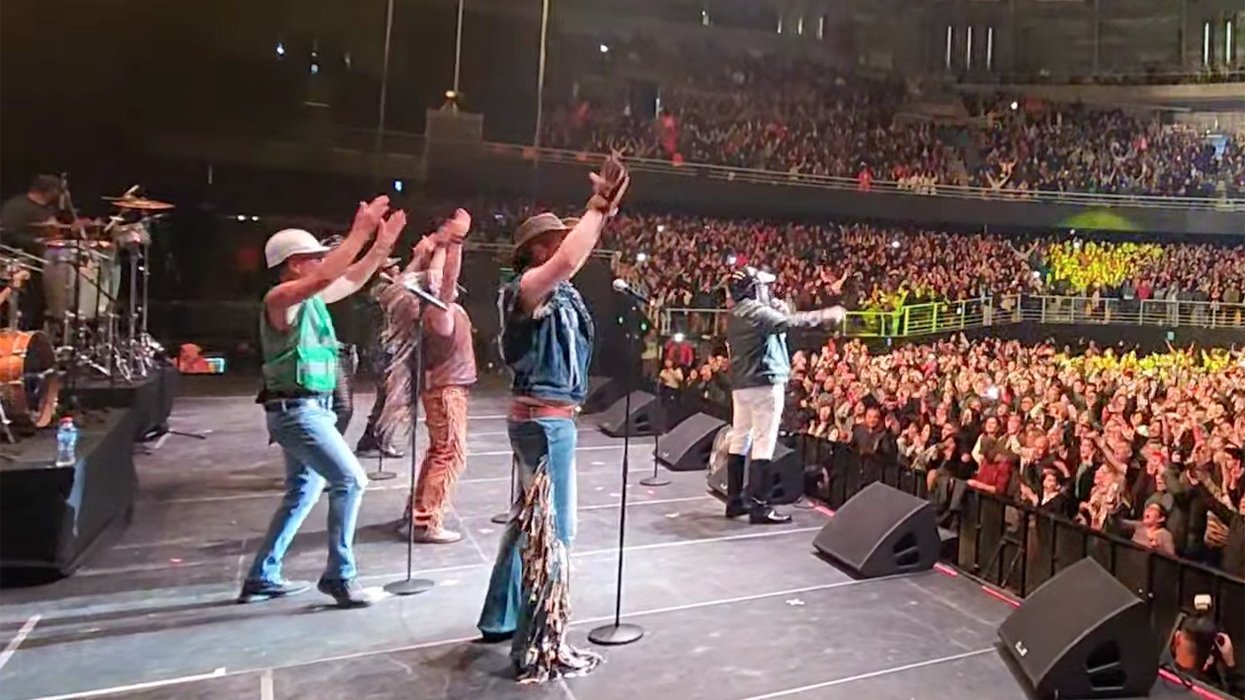
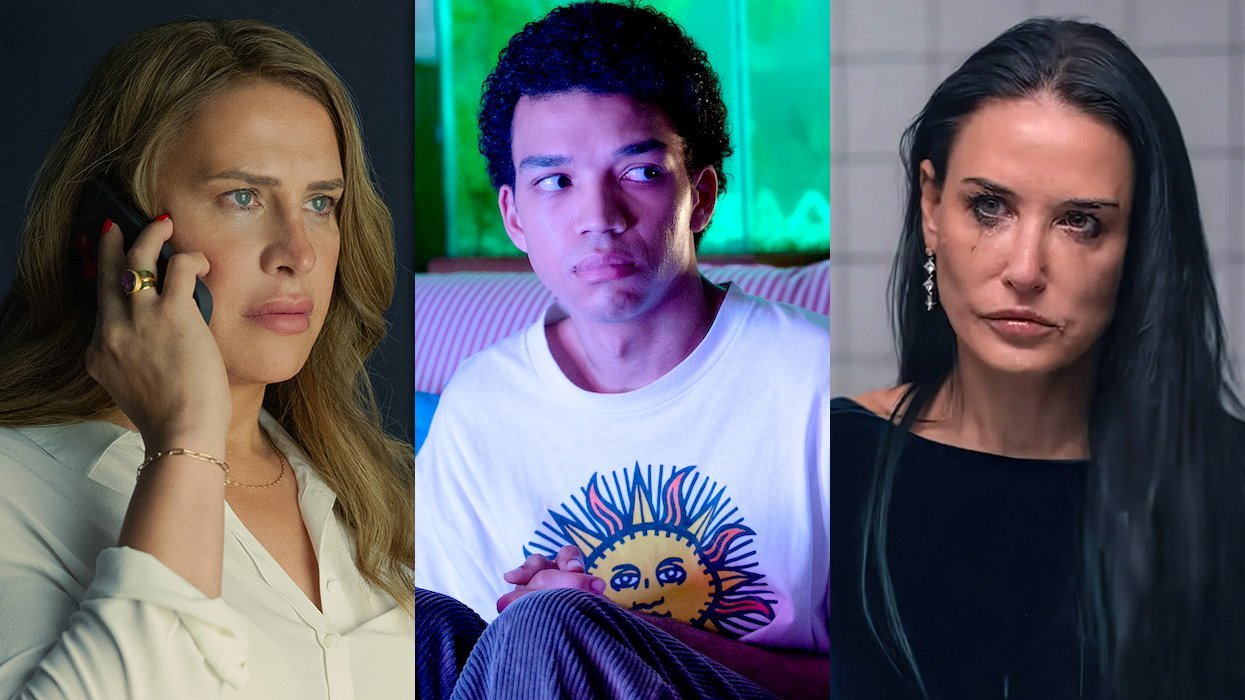
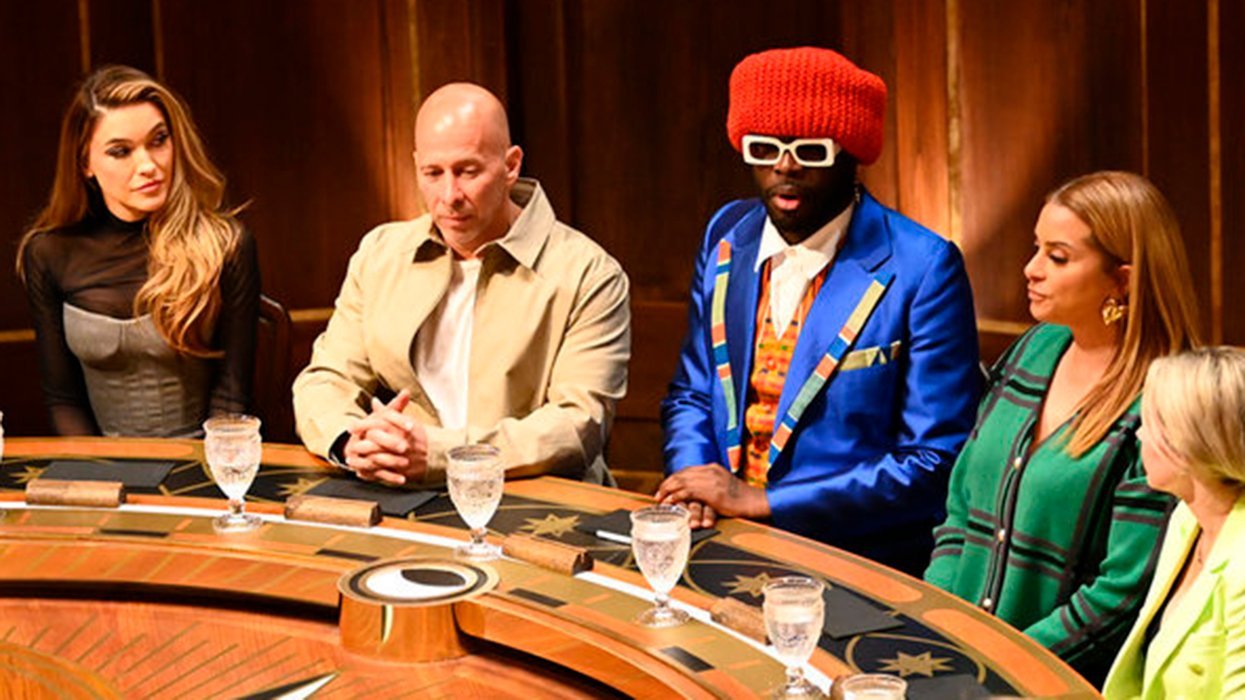
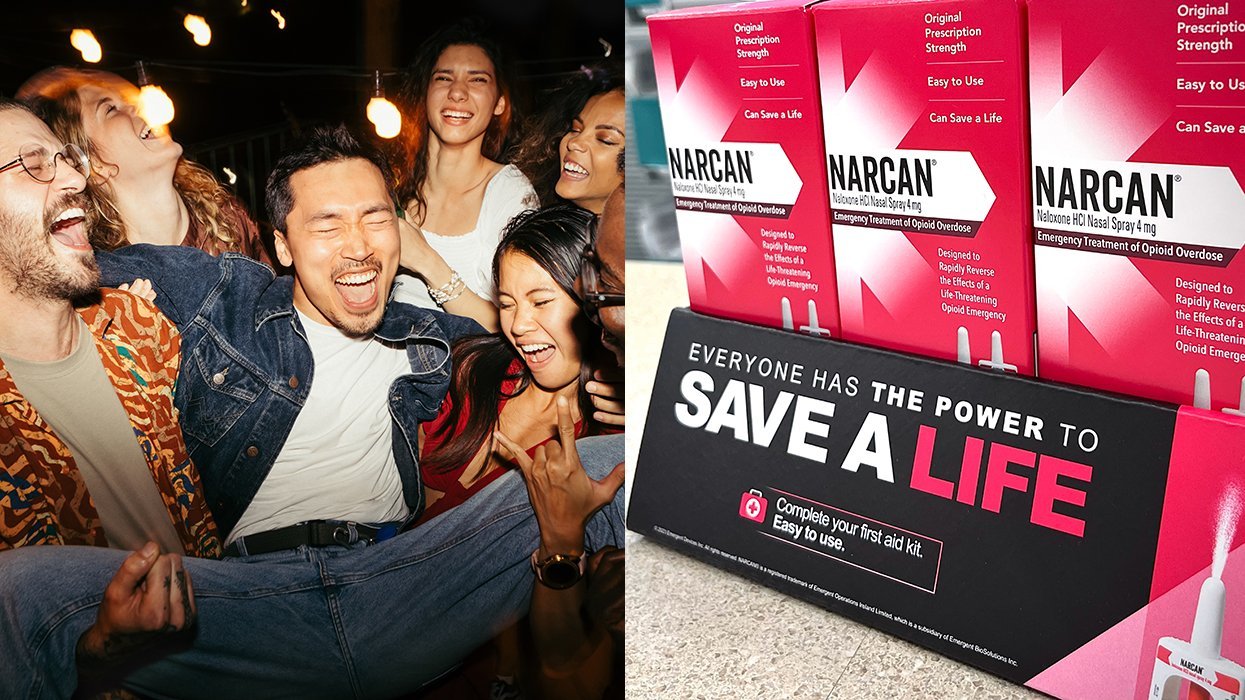
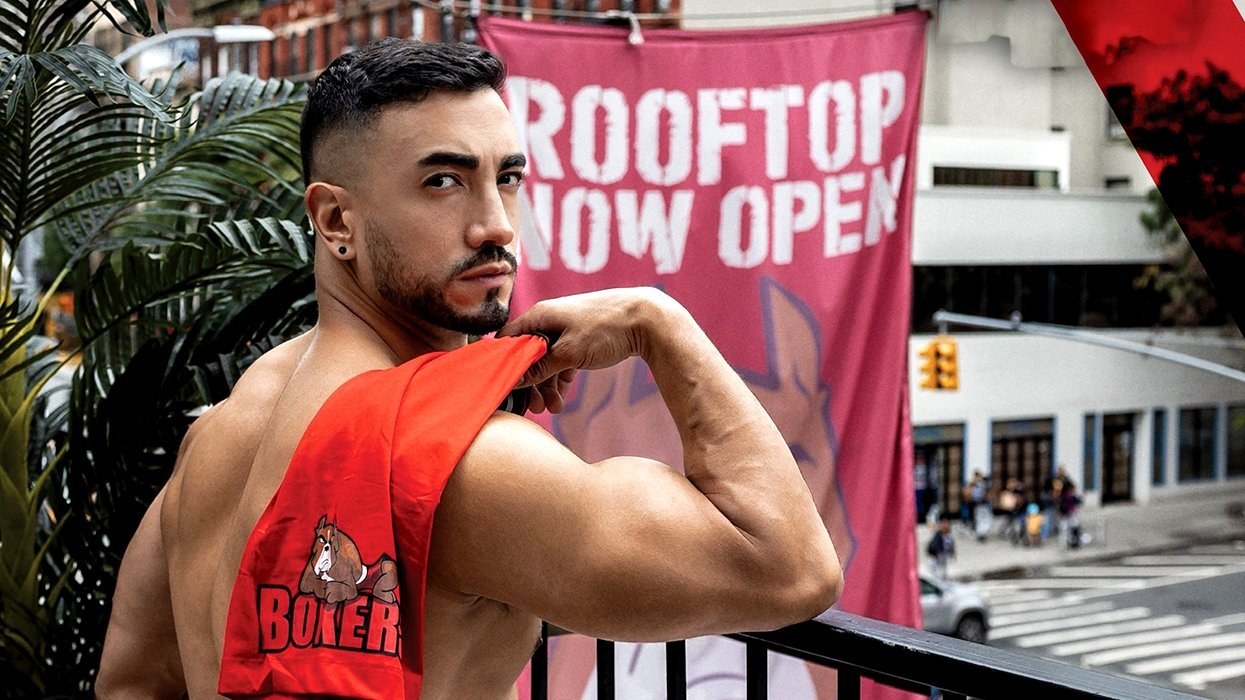
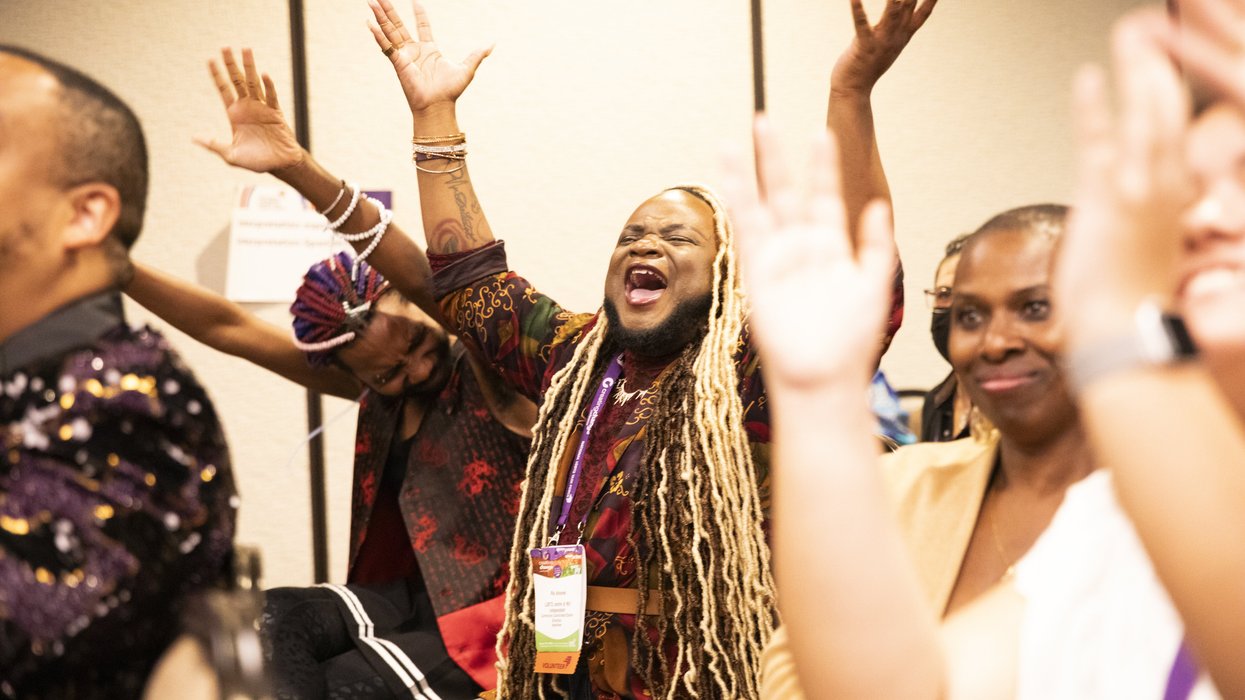
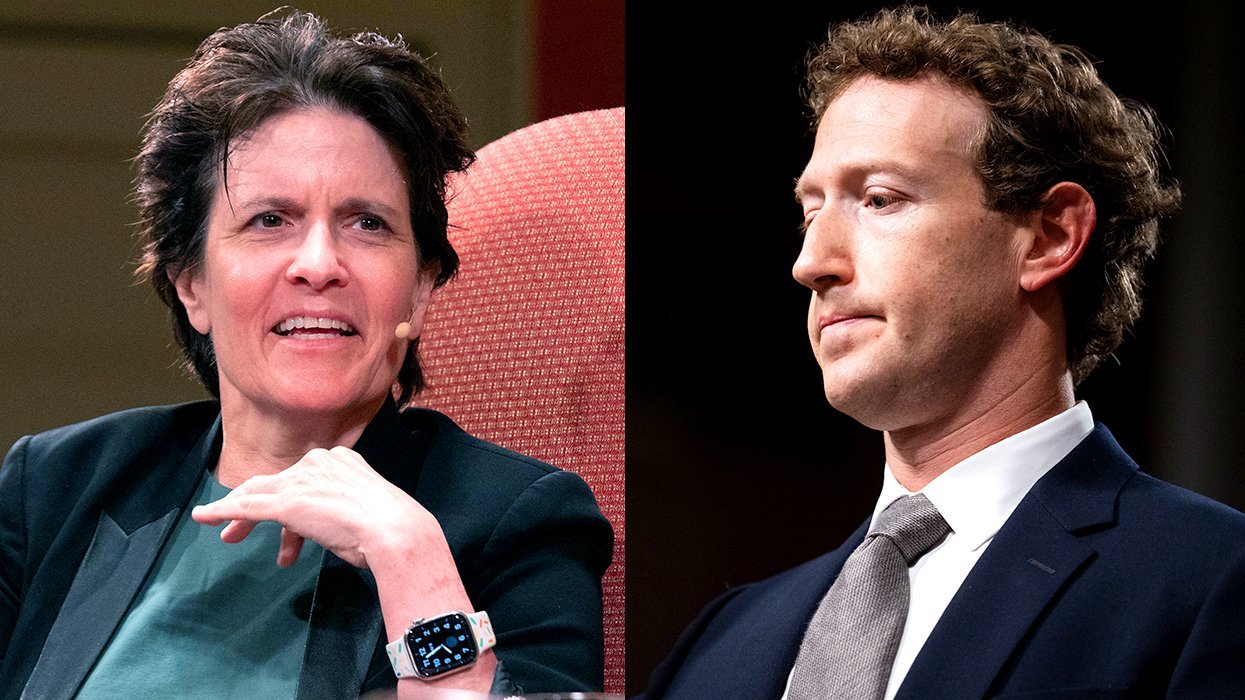
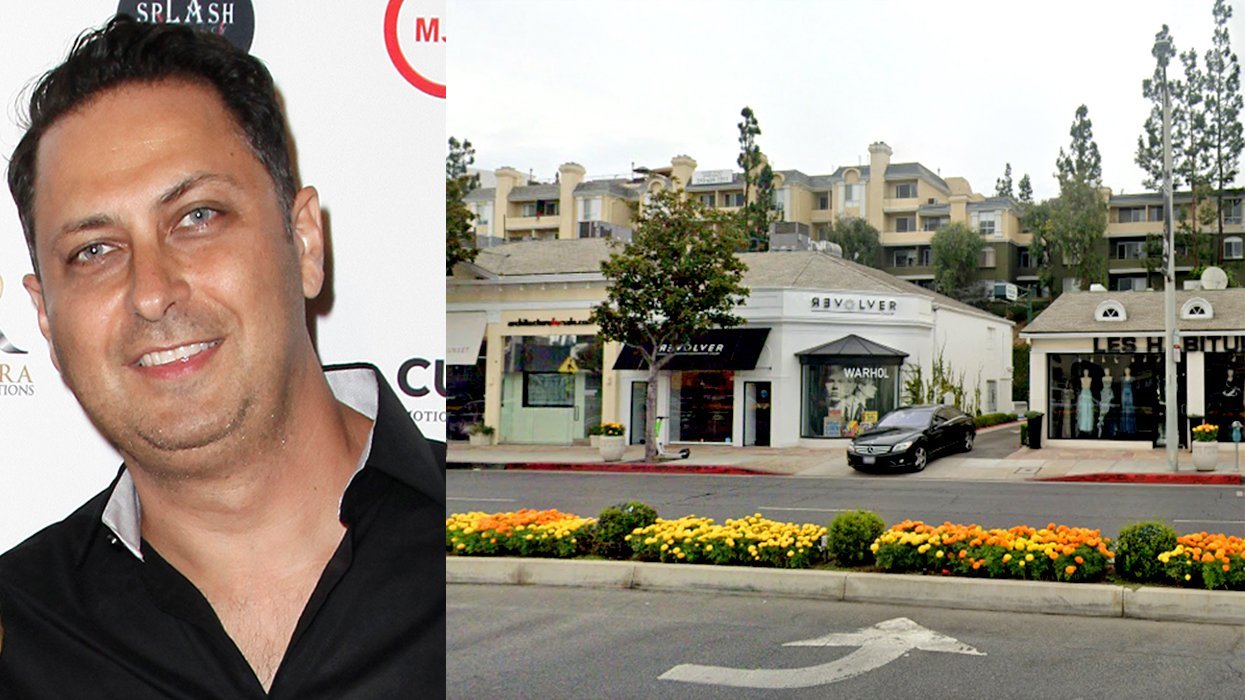
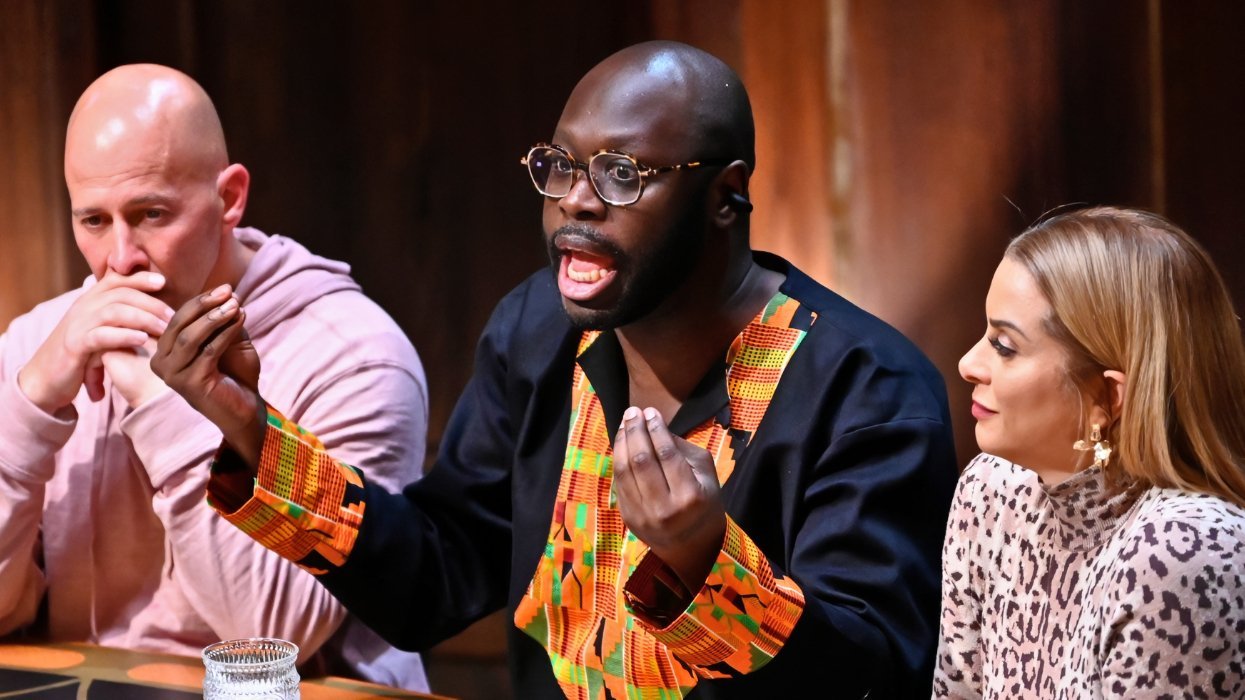
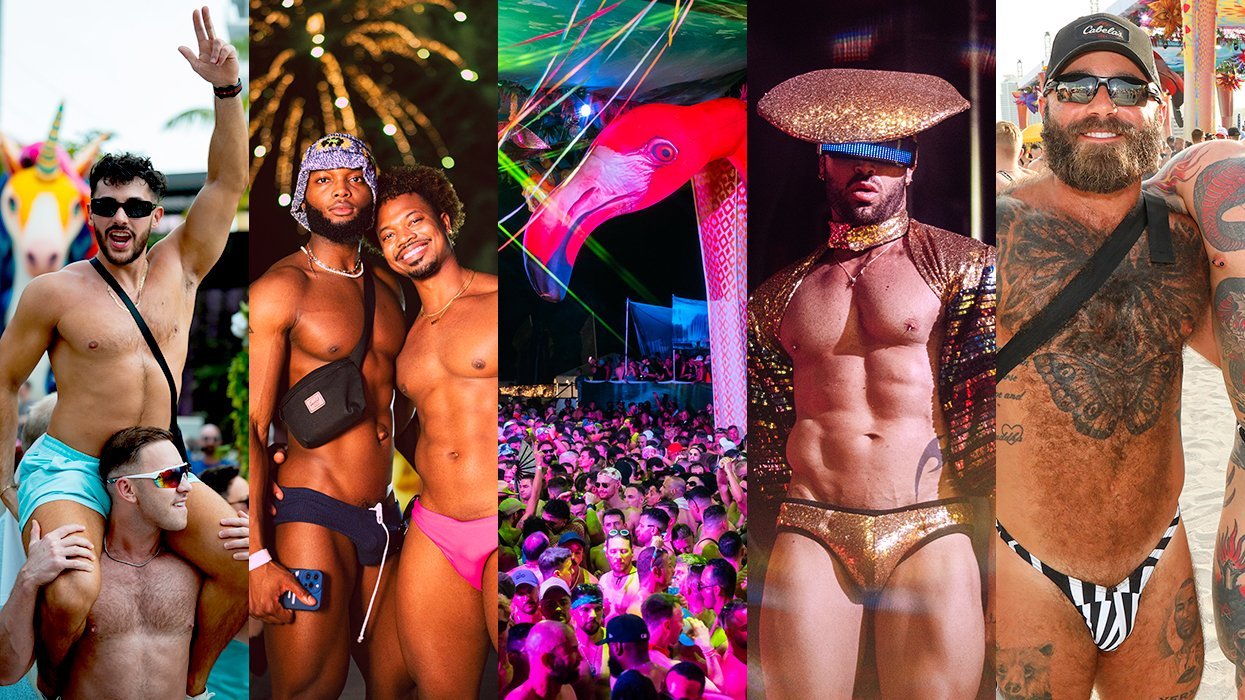

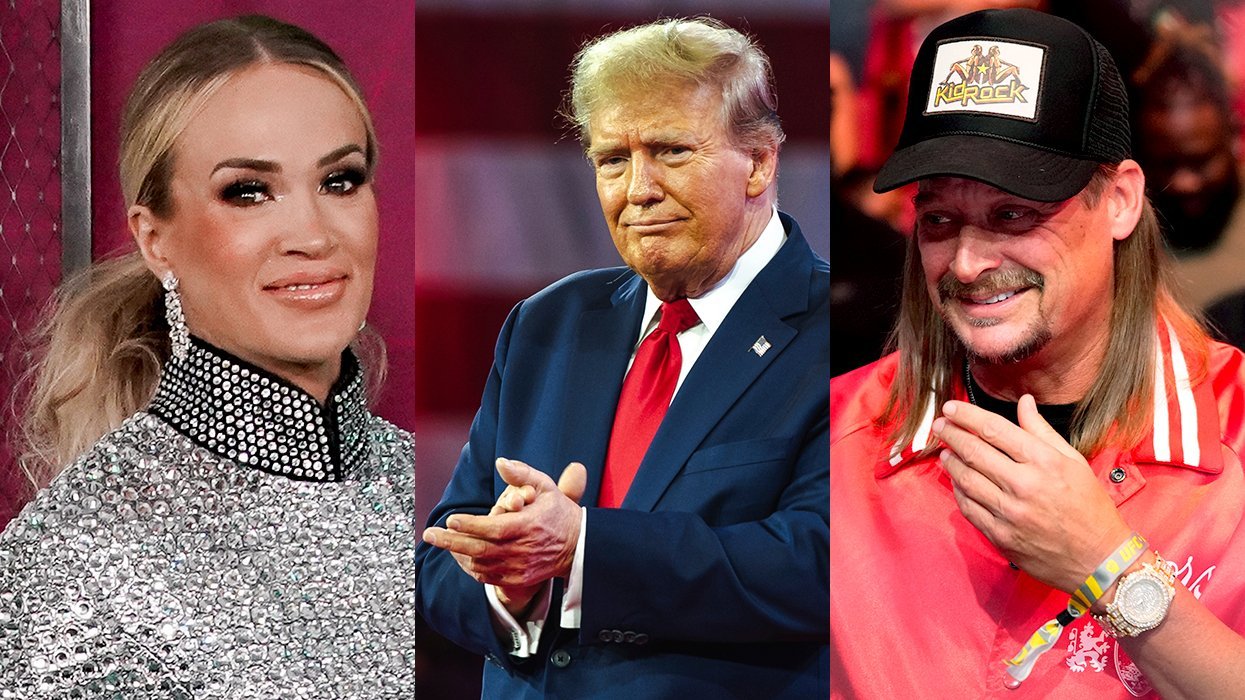
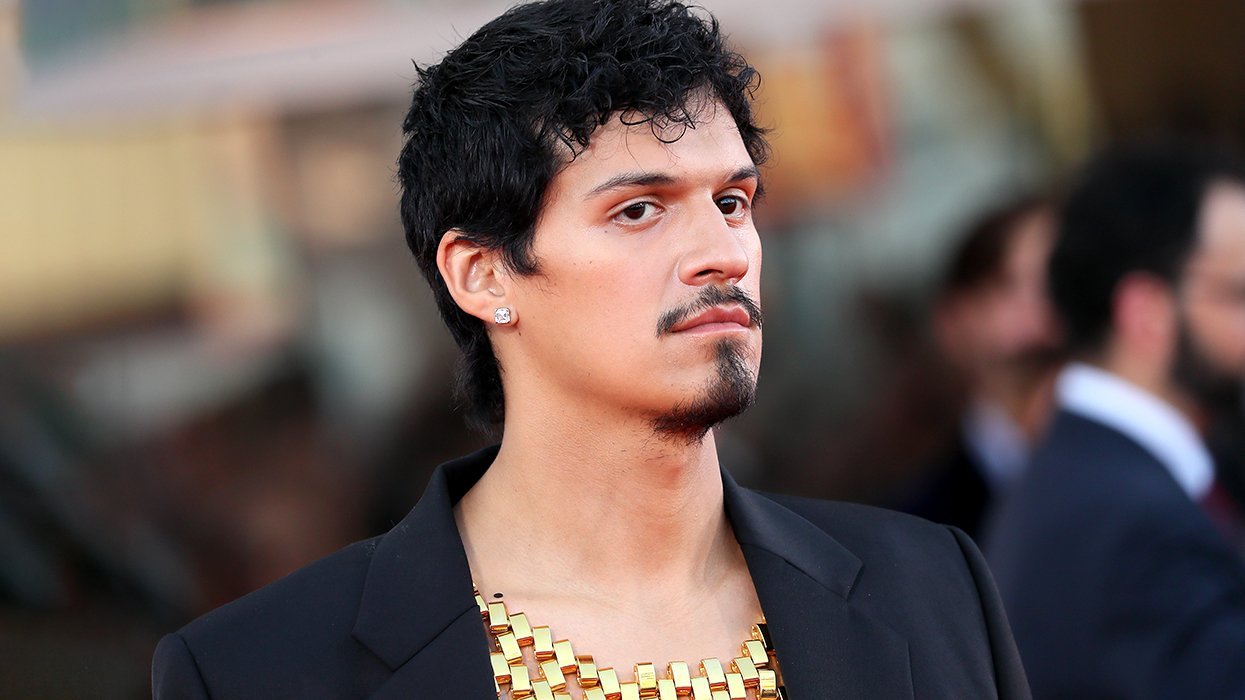




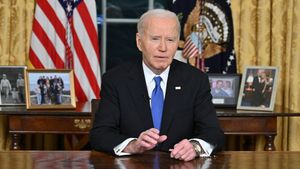







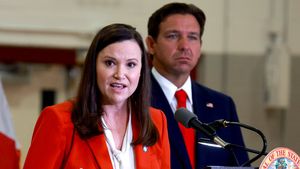


























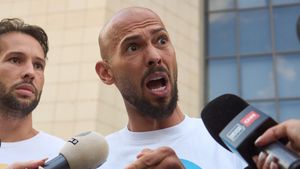









Beware of the Straightors: 'The Traitors' bros vs. the women and gays